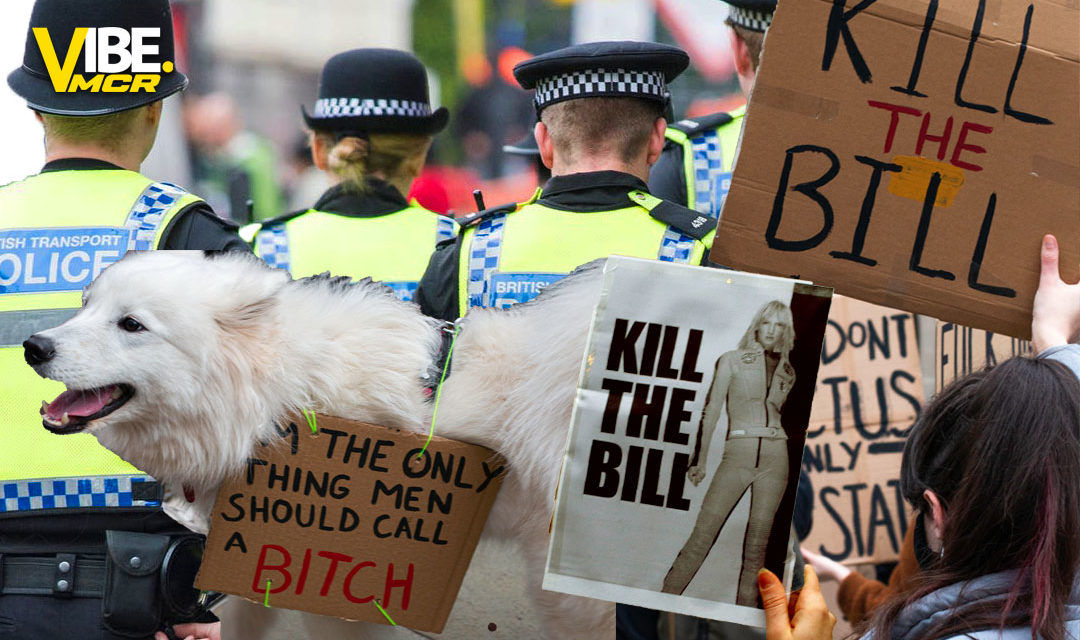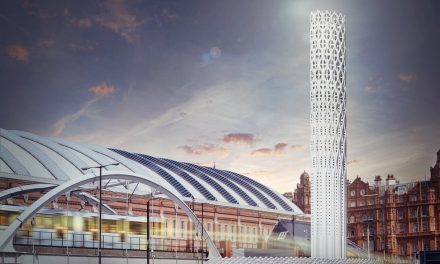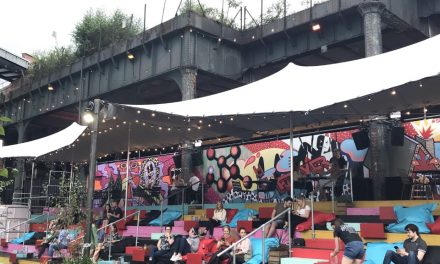Greater Manchester Police explain the decision to not intervene in large public protests in the Manchester city-centre.
Last weekend we saw multiple protests take place in the city-centre, campaigning for different causes from anti-racism to anti-lockdown to women’s rights.
The demonstrations were apart of a larger movement titled the ‘Kill the Bill’ protests also took place in Bristol the following Sunday which resulted in tension and conflict between protestors and police officers.
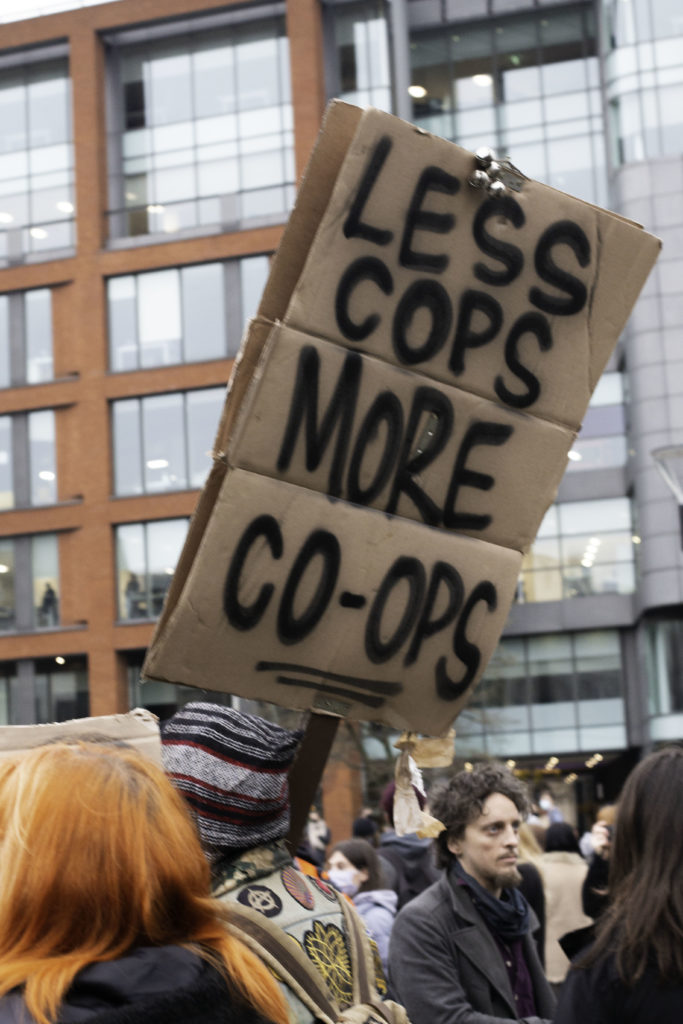
The protests were to campaign against a new bill which would give police more authority and power to shut down public protests – protest attendees argued the act would be a direct attack to the basic human right to protest. Government and police threaten fines and jail time for committing the offence of large public disturbance.
Over 1,000 people took to the streets of Manchester on Saturday to protest the bill but have been met with controversy in regards to breaching covid guidelines, congregating in large groups during the global pandemic.
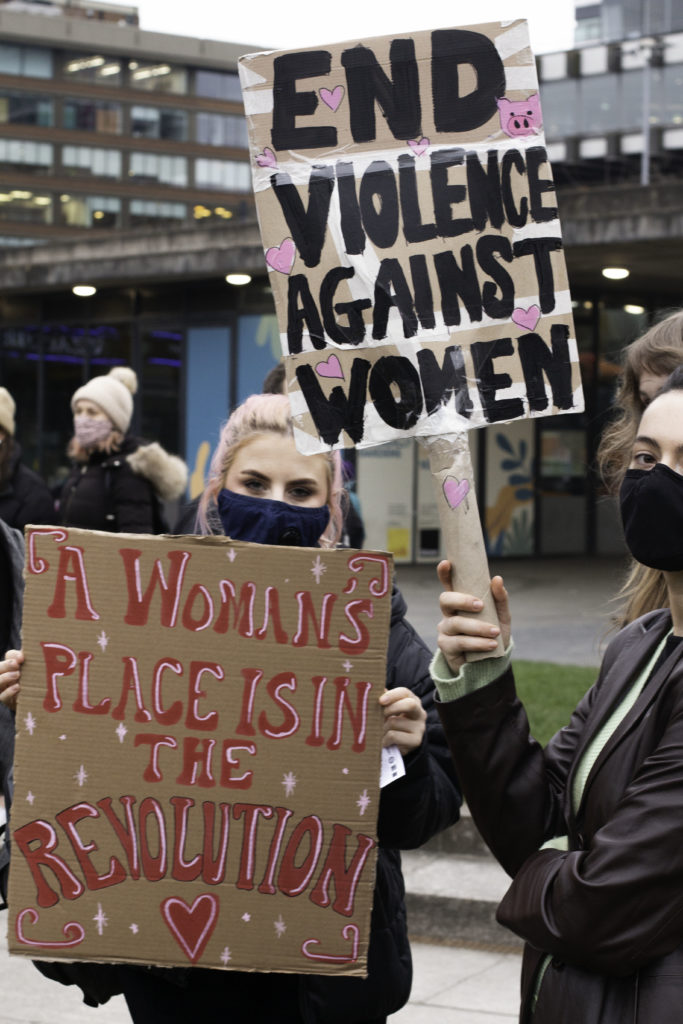
Assistant Chief Constable, Nick Bailey, at the GMP has issued a statement where he states that the police will concentrate their efforts on identifying the organisers instead of breaking up the protests physically.
“We were aware of several protests which took place yesterday across the city centre and our position in regard to all protests during this lockdown remains that they do not meet what is an acceptable reason to gather during the lockdown.
“Public safety is a top priority for GMP, and in the lead up to these protests, police actively engaged with the organisers to explain government guidance and discuss alternate options in order to dissuade a public gathering from taking place. However, when large groups choose to ignore that, we will always look to see whether it is safe to take action which would physically prevent the protest and disperse the crowd.
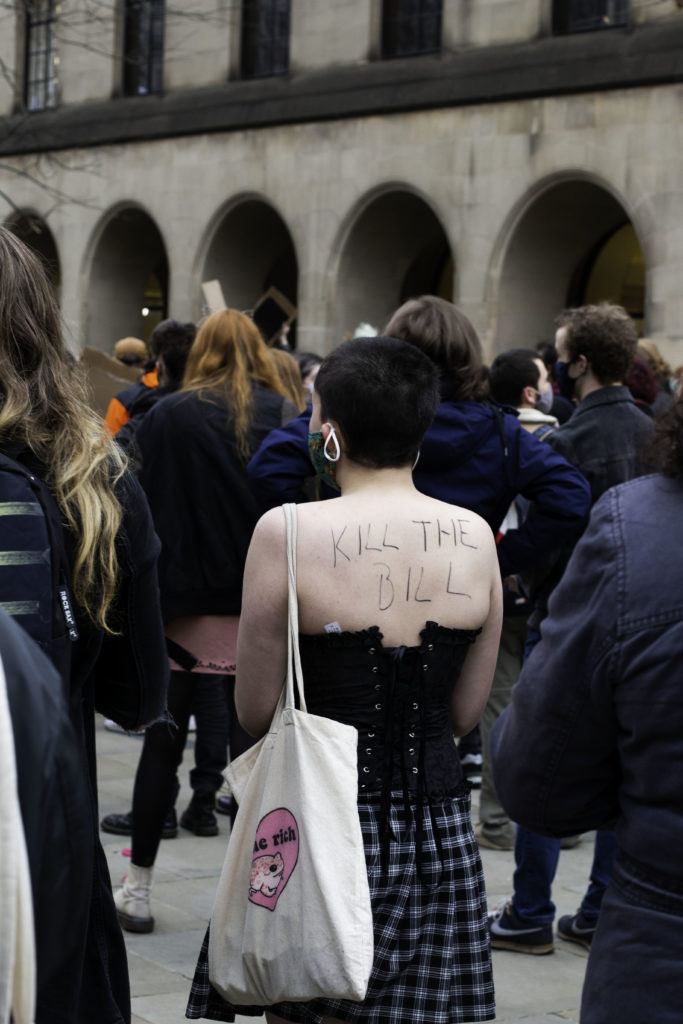
“A careful assessment was made about the policing approach and it was decided that a low key approach, which was sensitively policed, would be the most appropriate form of action.
“Proportionate action was taken on the day, and officers engaged with those present to encourage social distancing and dispersal of attendees”.

